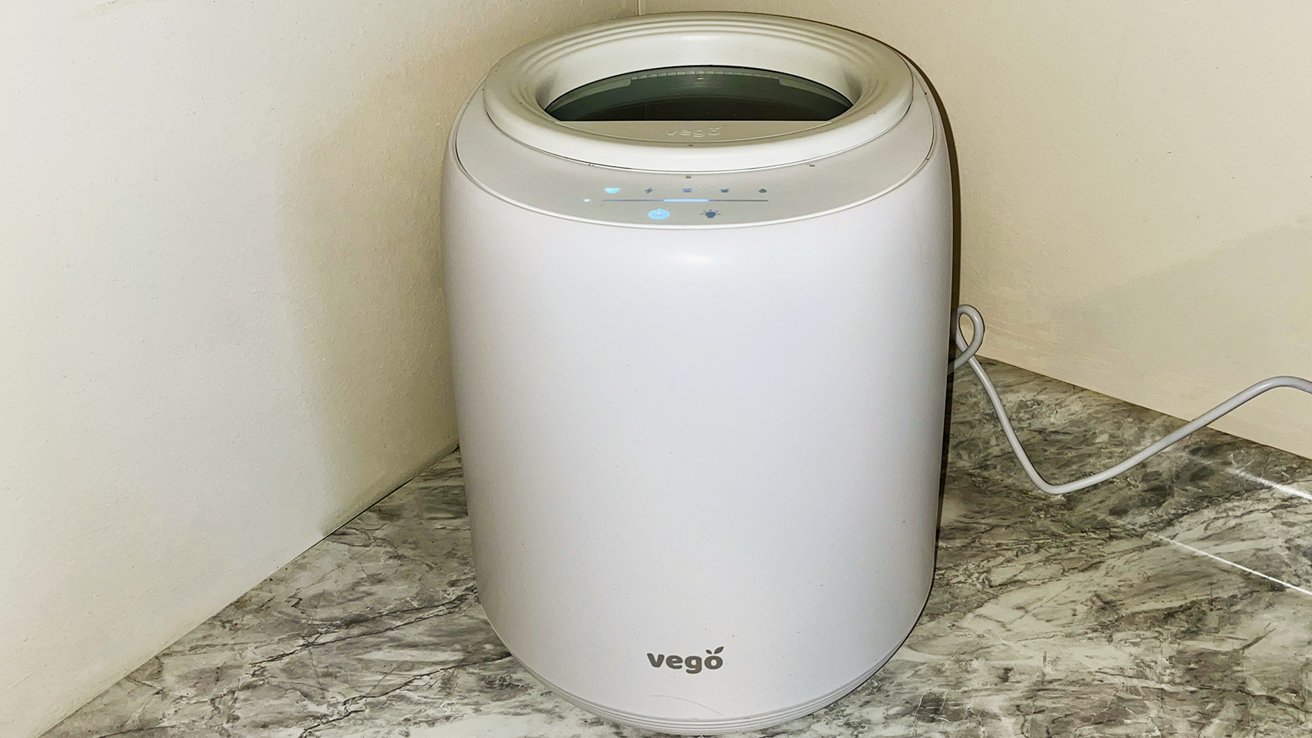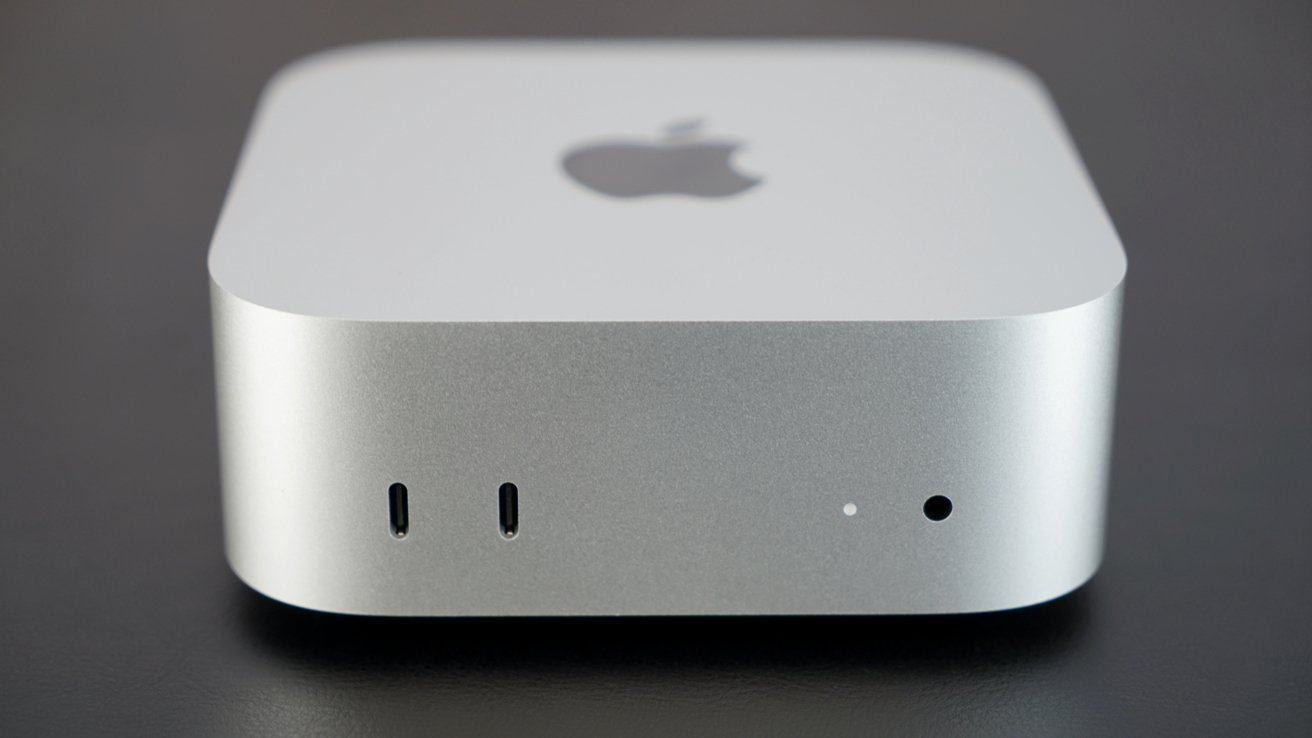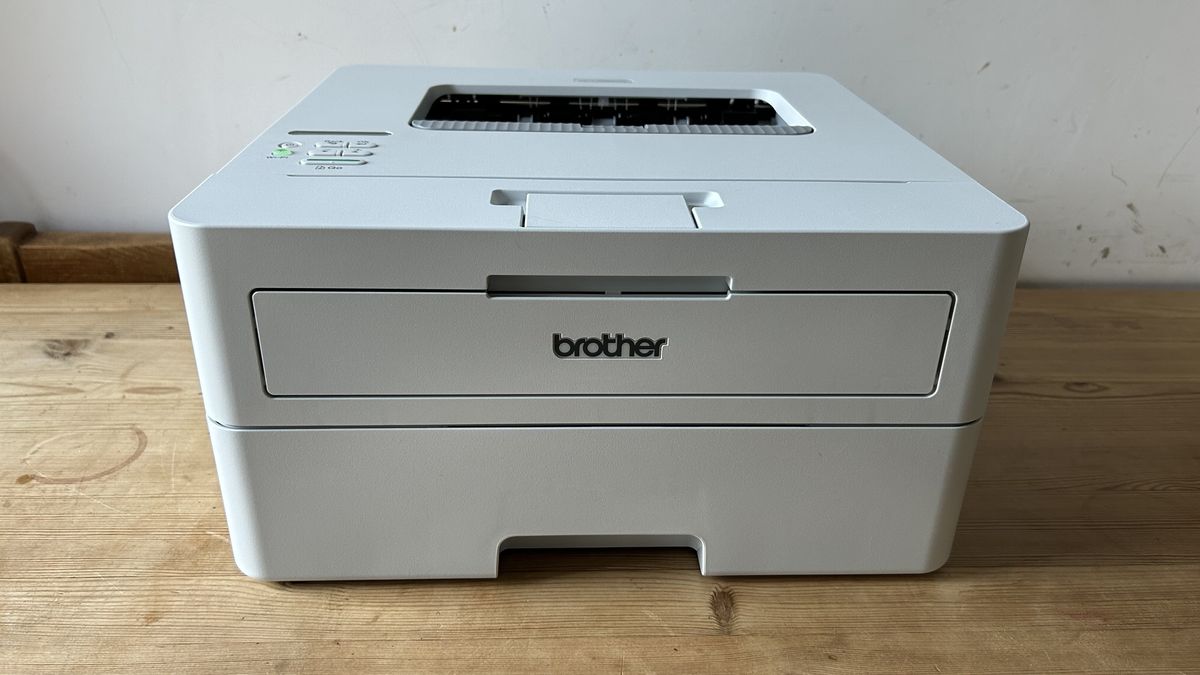Two Apple Silicon chip flaws could expose your private data to thieves
Two Apple Silicon chip flaws could expose your private data to thieves
Share:
M3 MacBook Pro. Last updated 12 hours ago. Apple's processors are fast because they predict what you'll need next, but when they guess wrong hackers can exploit those mistakes to steal your private data. Apple Silicon, like the M2 and M3, is designed to be some of the fastest in the world, powering iPads and Macs. Their strength is speculative execution, a feature that guesses what you'll need next to keep things running smoothly.
But new research shows this speed boost comes with a cost. When these guesses are wrong, they can create vulnerabilities that hackers could use to access sensitive information, like emails and credit card details. Researchers from the Georgia Institute of Technology have identified two new Apple Silicon security vulnerabilities in Apple's recent CPUs, named SLAP and FLOP. These attacks exploit features in the M2, M3, A15, and A17 chips that are supposed to improve performance.
The problem lies in how Apple's processors try to predict memory operations to speed up tasks. When these guesses are wrong, they accidentally open the door for hackers. SLAP (speculative execution via Load Address Prediction) lets attackers access private data, like email content, by tricking the processor into using out-of-bounds memory. FLOP (False Load Output Prediction) goes even further, bypassing memory safety checks.
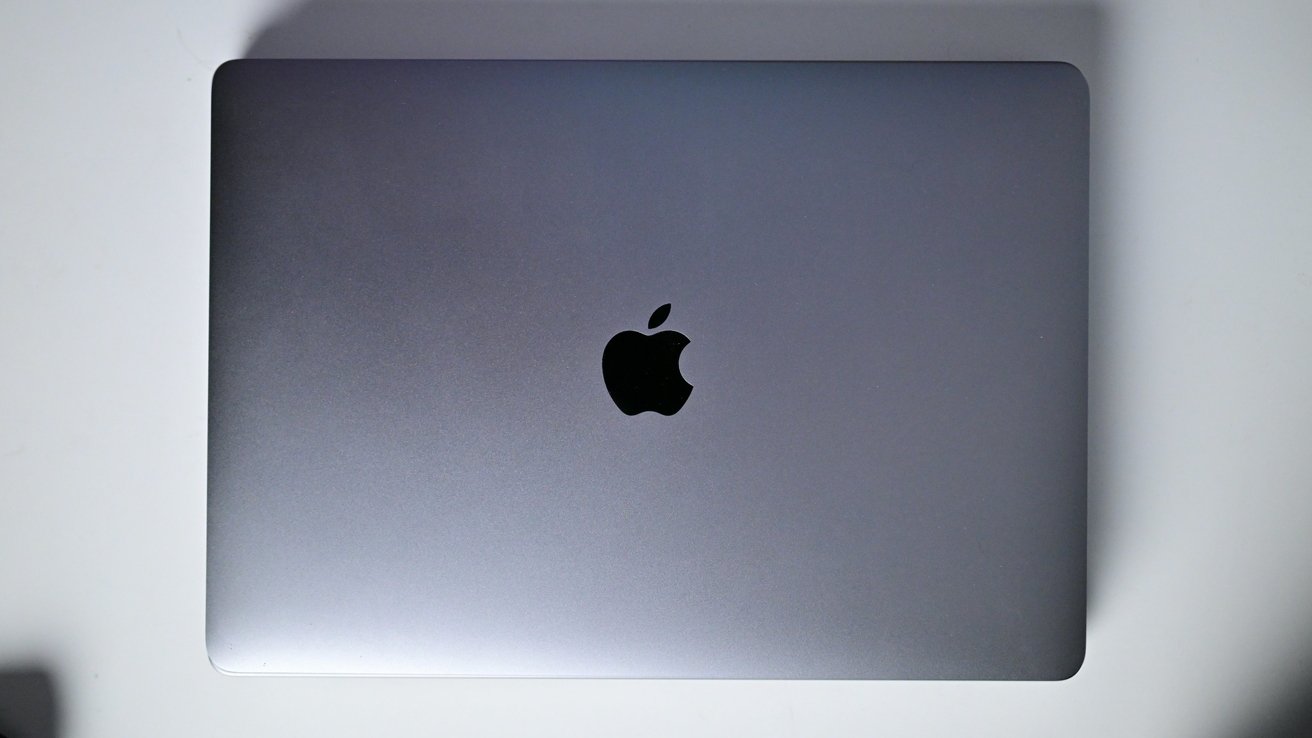
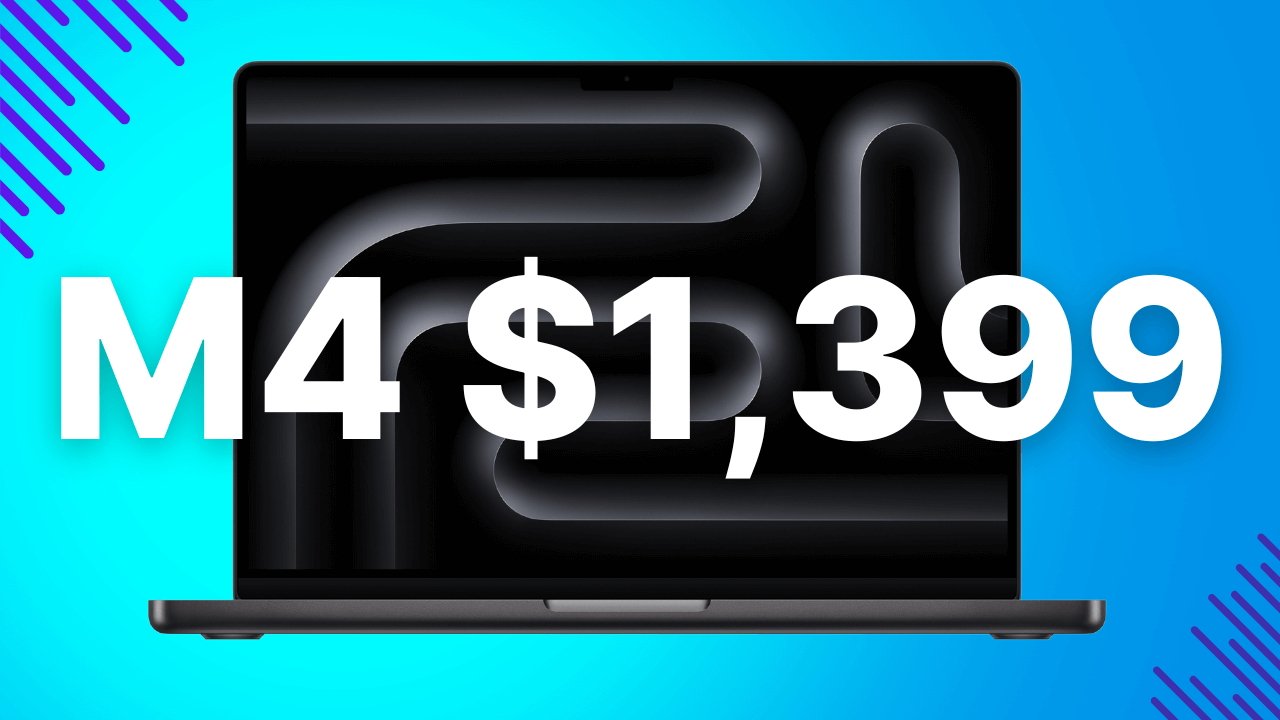










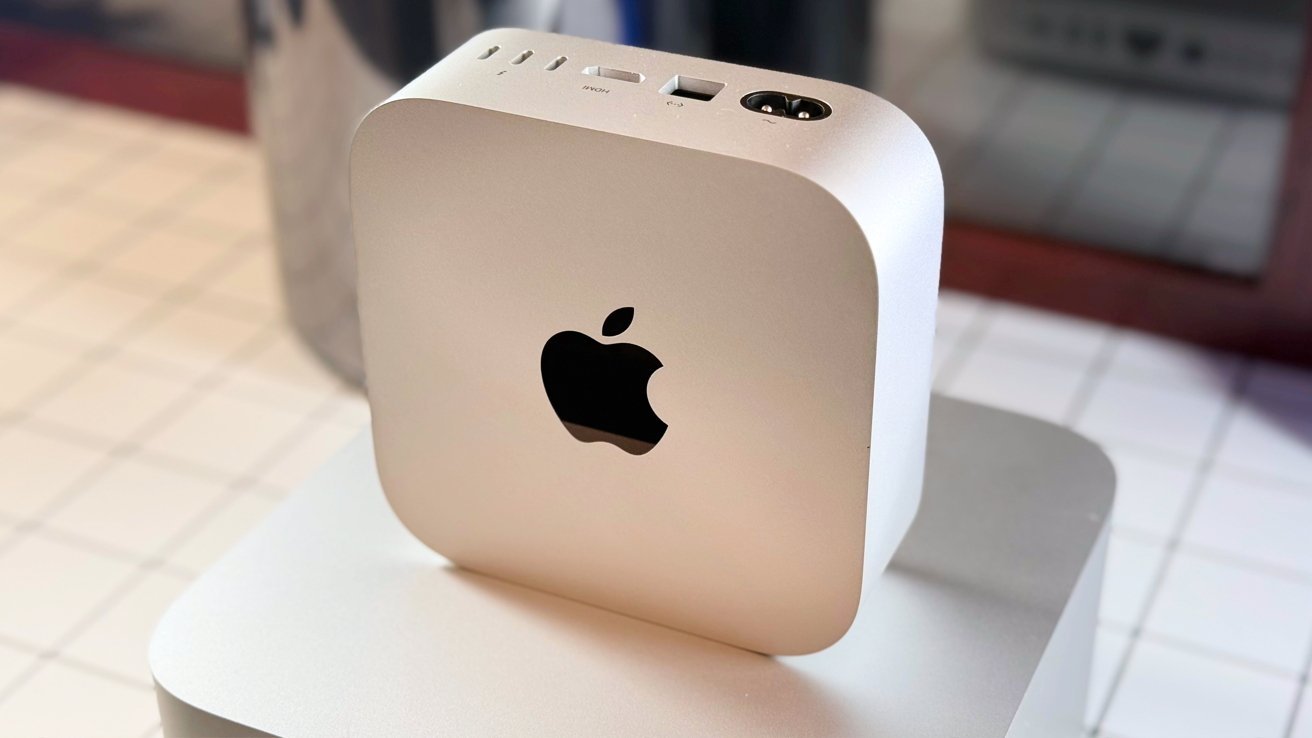
-0-15-screenshot-xl.jpg)
